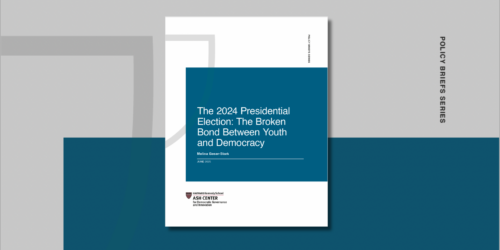
Feature
A Summer Reading List for America’s 250th Anniversary
On July 4, 2026, America will celebrate the 250th anniversary of the signing of the Declaration of Independence. As this milestone approaches, the team at the Allen Lab for Democracy Renovation has curated a collection of books, podcasts, and events that explore the meaning and impact of the declaration from 1776 to today. Join us in revisiting the document itself, reflecting on its legacy, and considering the ongoing struggle to uphold democratic ideals.


